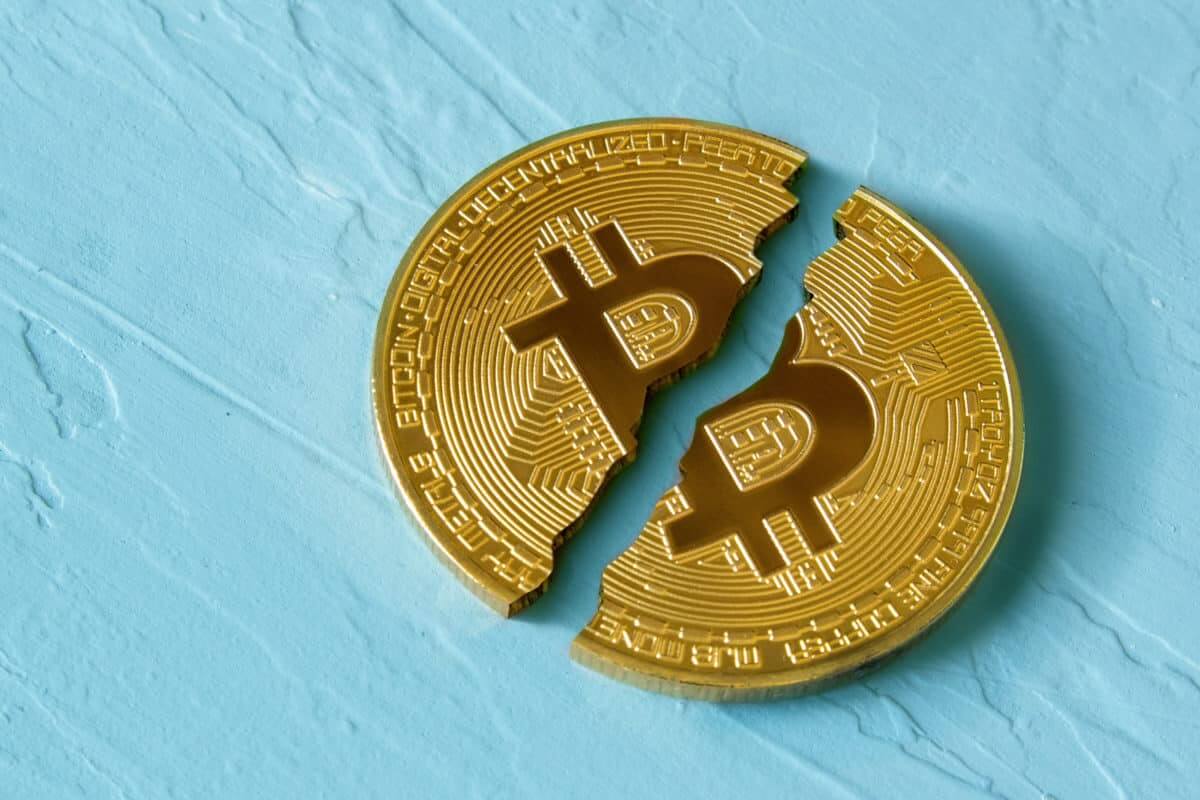
European Securities Want EU To Consider A Crypto Mining Ban
One of Europe’s top securities regulators has said that the European Union should consider banning energy-intensive forms of crypto mining.
Erik Thedéen, vice-president of the European Securities and Markets Authority, believes that bitcoin mining has become a national problem. So, he warned of the risks posed to the environment and climate change.
Thedéen asked European regulators to consider banning proof-of-work mining. Proof-Of-Stake mining uses Bitcoin and several other blockchains such as Litecoin. Thedéen’s concern is incentivizing the industry to move to more energy-efficient alternatives.
Thedéen’s comments align with China’s efforts to curb bitcoin mining. In May 2021, China banned crypto mining, which caused mining groups to pay for a more energy-efficient environment.
The Bitcoin Mining Council’s Q3 report stated that China’s ban had increased the use of renewable energy for cryptocurrency mining. According to a report, crypto mining has accounted for 58% of the Bitcoin network in Q3 2021.
Paris-based alternative investment firm Melanion Capital has countered Thedéen’s PoW concerns, saying a ban on crypto mining is simply wrong.
The investment firm said the decentralized nature of Bitcoin leaves it without a lobby group to defend its interests. Melanion argues that regulators exploit the system, potentially making mining illegal without protecting the industry.

Telegram Founder Warns That Russia’s Proposed Ban On Crypto Exchanges Could Hurt The IT Industry
Last week, Russia’s central bank proposed a ban on issuing and using cryptocurrencies. Their concern is that digital assets could upend Moscow’s financial system and jeopardize its monetary policy.
On Saturday, Pavel Durov, CEO and co-founder of the Telegram messaging app, wrote on his Telegram channel that The Bank of Russia’s proposal of a total crypto ban is like “throwing the baby out with the bathwater”.
Durov claimed that the ban would disrupt the development of blockchain technology in the country. Additionally, he stated that the crypto ban would prevent Russia’s IT sector from reaching its potential and lead to a brain drain to better pastures.
Russians with overseas crypto wallets will not be banned from trading cryptocurrencies. The proposed legislation does not apply to overseas virtual assets, Elizaveta Danilova, Russia’s central bank governor, said.
Still, the Russian central bank’s decision to compare cryptocurrencies to pyramid schemes underscores the regulator’s negative view of digital currencies, arguing that cryptocurrencies could ultimately jeopardize Russia’s monetary sovereignty.

Bitcoin Reaches Record-High Network Difficulty Amid Price Volatility
The Bitcoin network’s mining difficulty hit an all-time high of 26.643 trillion with an average hash rate of 190.71 exahash per second (EH/s). Despite the ongoing bear market support, this still is a sign that the community has gained strength.
The overall computing power determines the difficulty of the Bitcoin network. Overall computing power is related to the difficulty of confirming transactions and mining BTC.
According to public data, network difficulty dropped between May 2021 and July 2021 for various reasons. These reasons included a major crypto mining ban from China.
However, network difficulty has recovered sharply since August 2021 as displaced miners resume operations from other countries. Thus, the BTC network hit an all-time high of 26.643 trillion on Saturday.
Analysts estimate that the network will continue to grow by hitting another all-time high in the next 12 days with a network difficulty of 26.70 trillion.
Fish Pool contributed the most computing power with 88 BTC blocks in the past four days, followed by Mining Pool with 76 blocks.
Yesterday, the average fee per transaction was around $1.58, a value that had peaked at $62.78 in April 2021.
Despite federal pressure to tighten monetary policy around cryptocurrencies, some strategists believe bitcoin has a chance to stand out. Why? Because investors still recognize its value as a digital reserve asset.

Turkey Embraces Digital Future
Turkey is quietly digitizing despite a hyper-inflationary economy. Fluctuations in the lira may correlate with the price of bitcoin and ether. In the fourth quarter of 2021, the Turkish lira plummeted from 9 to 18.5 per dollar in the six weeks to mid-December but then fell back to 13.87. These constant changes make the currency a highly volatile asset.
The lira’s volatility stemmed from Turkish President Recep Tayyip Erdogan’s bucking of interest rates amid high inflation and the central bank governor’s advice. High inflation tends to devalue cash and drive investors to invest in cryptocurrencies, including major professional and institutional investors and top hedge fund managers.
Unexpectedly, the cryptocurrency market crashed in the first trading week of 2022. As a result, Bitcoin and Ethereum – up 100% and 300% respectively in 2021 – entered the bear market territory. The accident was blamed on a combination of three events.
The first event was the release of the Fed’s December meeting minutes. They signaled that the Fed would reduce its pandemic-era stimulus and raise interest rates earlier than expected. The news sparked a sell-off in global stock markets that spilled over into the cryptocurrency market, with bitcoin’s price finally falling more than 40% from its all-time high set in November 2021. Likewise, ether fell more than 13% to as low as $3,300 following the news.
The second event was anti-government unrest in Kazakhstan, the world’s second-largest bitcoin mining center, which resulted in the country’s government being sacked, internet services shut down, and an estimated 13 percent of bitcoin mining operations worldwide going offline.
However, the unexpected market crash was not enough to shake Turkish investors’ confidence in the cryptocurrency to hedge against a weak lira and double-digit inflation.
-
Support
-
Platform
-
Spread
-
Trading Instrument




